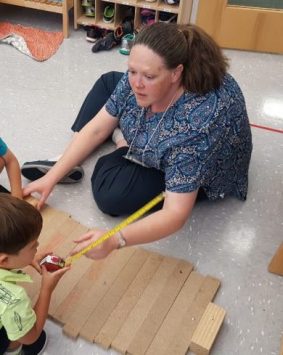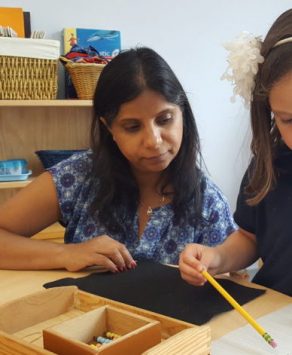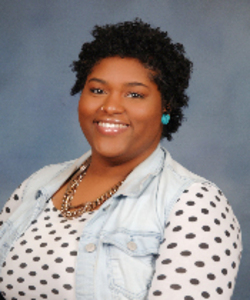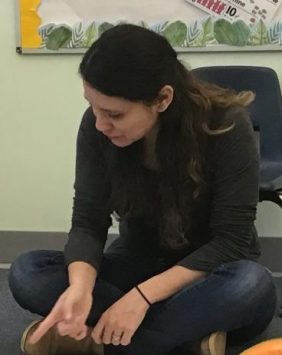Infant House Schedule
The hours for the Infant House are 8:00 AM – 5:30 PM. Children may arrive and leave anytime within those hours. However, all children should arrive by 9:00 AM.
The Daily Schedule of the Infant House varies in terms of timing based on the needs of each individual child. The following are a list of activities that will take place every day in accordance with the child’s needs, at various times throughout the day:
- Feeding: Infants will be fed on demand and work towards a regular schedule of breakfast, snack, lunch, snack, and dinner depending on the child’s arrival and departure times. Older infants who are weaned will have breakfast (if applicable), lunch and snack-on-demand as needed, generally once in the morning and once in the afternoon.
- Sleeping: Children in the infant room will nap on an as needed basis.
- Stomach Time: Infants will have 30 minutes of time on their stomach each day (until they are rolling over, crawling, etc.) to strengthen their necks and upper body. This time will be broken into smaller increments as necessary for the child.
- Comfort: All of the infants will be given regular, physical and emotional comfort, as the need arises. Positive interactions like smiling, laughing, cuddling are encouraged.
- Outdoor Playtime: Weather permitting, the infants will spend at least 30 minutes outside, twice a day. The time at which this occurs may vary based on the sleeping needs of the class. Outside activities may include, but are not limited to time on the playground, picnics, stroller walks, etc.
- Work Period: The Work Period in an Infant Montessori class is not a defined block of time as it is at the Toddler and Children’s House level. Instead, in the infant class, the babies are working anytime they are awake (and even when they are asleep!!). Activities are designed to stimulate the physical, intellectual, social and emotional development of the infant. The environment is prepared thoughtfully at the infant’s level to allow free movement and maximum exploration. Lessons and activities are designed to build both gross and fine motor skills such as grasping, batting, reaching, rolling over, crawling, standing, cruising and walking; activities to boost language development such a teachers singing, talking, naming objects, describing pictures and reading; as well as activities that encourage spatial awareness, sensory exploration, toilet training, and the beginnings of self-care. Infants are also introduced to basic musical instruments and art.
***Per Virginia regulation, at no time, will any infant be engaged in a single activity for more than 30 minutes (sleeping and eating excluded).

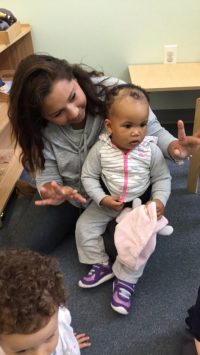 Ms. Nikki
Ms. Nikki